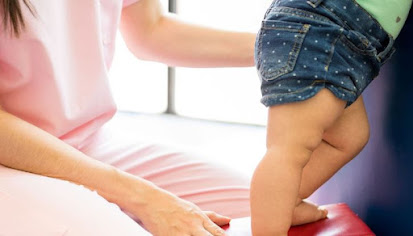Cerebral palsy (CP) is a type of neurological disorder that is noticeable in children of different age groups. This special condition affects a child’s ability to control their muscles and movement. It is a type of motor disability that is quite common in childhood. This condition can vary in severity from mild to critical.
Causes of CP
CP is caused by various reasons including abnormalities in the developing brain that can occur before or during birth. However, it can also happen in early childhood due to other conditions. Let’s have a look at the root causes of CP.
Genetic disorders or differences in brain development
Maternal infections
A disruption of blood supply to the developing brain
Bleeding into the brain in the womb or as a newborn
Infant infections resulting in inflammation in or around the brain
Traumatic head injury from an accident, fall or physical abuse
Lack of oxygen to the brain due to difficult labor or delivery
Symptoms of Cerebral palsy
The symptoms of CP can vary. However, it mostly involves difficulties with muscle control and coordination. The most common signs of cerebral palsy are muscle stiffness (spasticity), poor coordination, balance issues, involuntary movements, and difficulty with fine motor skills. These specific symptoms can severely affect mobility, speech, and daily activities in childhood as well as in the future.
How to manage This condition?
There are effective treatments and therapies for cerebral palsy, which can help manage the symptoms and improve the quality of life for children with CP. Among different treatments, physiotherapy for children with CP is highly effective and tailored to the specific needs of individuals. Physiotherapy involves occupational therapy, speech therapy, and other treatment plans to manage muscle tone, and orthopedic interventions.
How Physiotherapy for CP Helps-
Improve mobility and functionality
Manage spasticity and muscle tone
Improve posture and balance
Assist with assistive devices
Enhance gross motor skills
If you want to learn more about physiotherapy for CP and get help from experts, contact pediatric physiotherapists near you to discuss your child’s condition and get the best treatment plan.



No comments:
Post a Comment